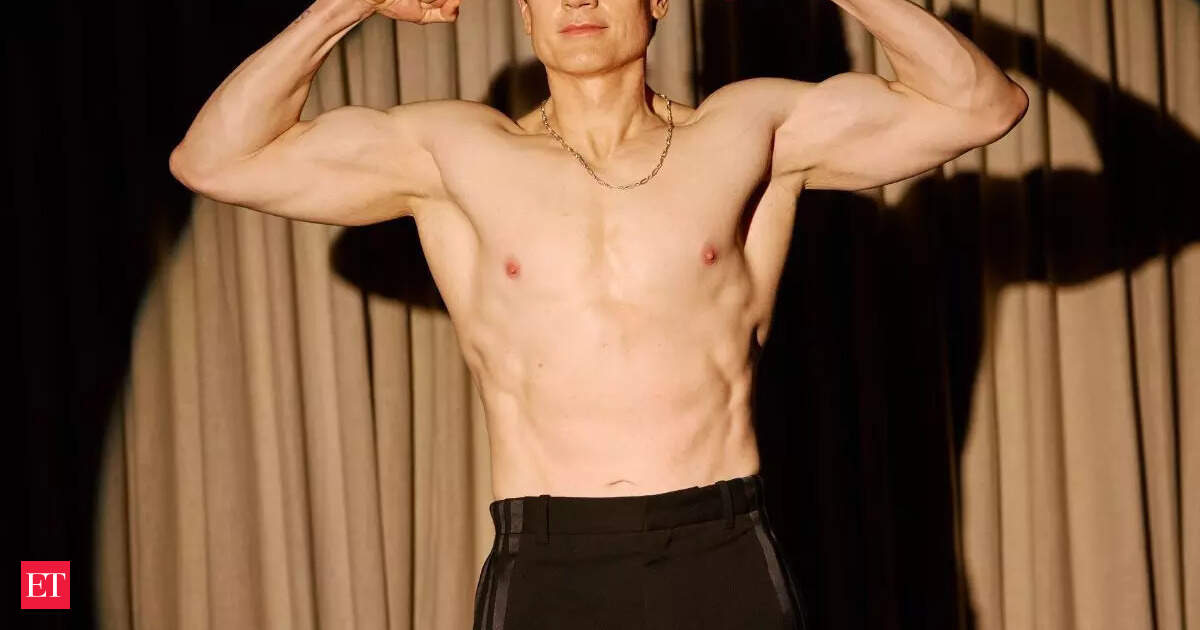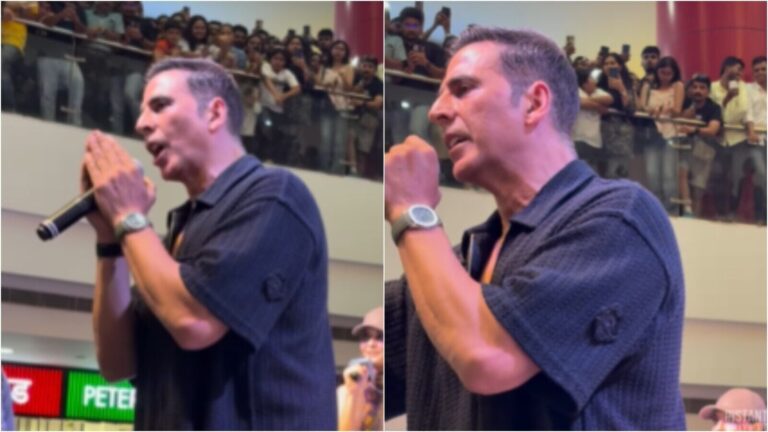Billionaire Bryan Johnson’s Surprising Warning About Late-Night Hustles: ‘You’re Diminishing Your Potential!’
Billionaire Tech Mogul Bryan Johnson Weighs In on All-Nighter Work Culture
In a recent incident highlighting the ongoing debate around work-life balance, billionaire tech entrepreneur Bryan Johnson provided noteworthy insights in response to an Indian techie’s boast about working until 4 a.m. The tweet that sparked the conversation stated, “It’s 4 AM guys, but builders are building. What’s your excuse?” However, Johnson, known for his keen interest in health and longevity, urged that such a lifestyle might not be as heroic as it seems.
The Risks of Late-Night Hustles
Johnson’s response to the techie was not only immediate but also grounded in scientific insights. He cautioned, “It may feel heroic, but you’re spending down your human capacity.” He elaborated on various physiological consequences of late-night work, which included:
- Decreased Brain Oxygen: Prolonged work hours at night can reduce brain oxygen levels by up to 30%, affecting cognitive function.
- Suppressed Melatonin: Exposure to blue light from screens at night can disrupt melatonin production, which is crucial for sleep quality.
- Impact on Insulin Sensitivity: Disrupted sleep patterns can blunt insulin sensitivity, posing a long-term risk for metabolic issues.
- Increased Cortisol Levels: Chronic late-night work can elevate cortisol, leading to increased visceral fat accumulation and potentially impacting memory.
Johnson’s medical backing for these claims aligns with numerous studies that suggest the importance of sleep for cognitive function and overall health. Many echoed his sentiments, arguing that while hard work is essential, sacrificing sleep for it can lead to diminishing returns, particularly in creative fields like coding.
Community Reactions: A Call for Moderation
The Twitter conversation continued as others chimed in with supportive views on Johnson’s stance. One user remarked, “No good code is being written at 4 a.m. and ruining your morning focus—the best focus of the day.” Another commentator added a forward-looking perspective: “Whatever they are building now by staying awake will be built by an AI agent in 10 minutes five years from now. What’s the point?”
Ultimately, the consensus among these voices is that the allure of late-night productivity might soon be overshadowed by more effective technological solutions.
Bryan Johnson: A Visionary Focused on Longevity
Bryan Johnson, the founder of Braintree and Kernel, has grabbed headlines for his quest to reverse the aging process. His extensive project, “Project Blueprint,” goes far beyond mere self-improvement; it aims to optimize biological age through a regimented lifestyle. His routine includes a variety of unusual health practices, some of which border on the eccentric:
- Early Rise: Johnson begins his day at 4:30 AM, dedicating hours to preparation for the day ahead.
- Multiple Health Measurements: He measures his inner ear temperature and employs biohacking tools, allowing him to monitor his well-being closely.
- Nutritious Start: His breakfast consists of a “Longevity Mix” alongside supplements aimed at improving health.
- Physical Exercise: Johnson incorporates a well-rounded workout regimen that emphasizes strength, balance, and cardiovascular health.
His approach has even led him to experiment with cutting-edge techniques, including plasma transfusions from his teenage son—a topic that has equally drawn admiration and criticism.
Shaping a New Community Framework around Longevity
As part of his vision, Johnson has proposed the “Don’t Die” religion, an innovative concept aimed at fostering a community centered around longevity and health. By marrying science with a shared social purpose, he aspires to create a supportive infrastructure that inspires members to pursue a longer, healthier life.
Conclusion: Work Smart, Not Late
Bryan Johnson’s intervention serves as a powerful reminder that burning the midnight oil may not be the savior of the entrepreneurial spirit it’s often made out to be. Balance is key; achieving personal goals should not come at the expense of physical and mental well-being. As we steer further into an era dominated by AI and technological advancements, the relevance of sleep and health in fostering creativity and innovation becomes ever more significant.
So, the next time you consider pulling an all-nighter, ask yourself: is it worth sacrificing my health for temporary productivity? Perhaps, like Bryan Johnson suggests, the answer lies in finding a rhythm that honors both ambition and well-being.





